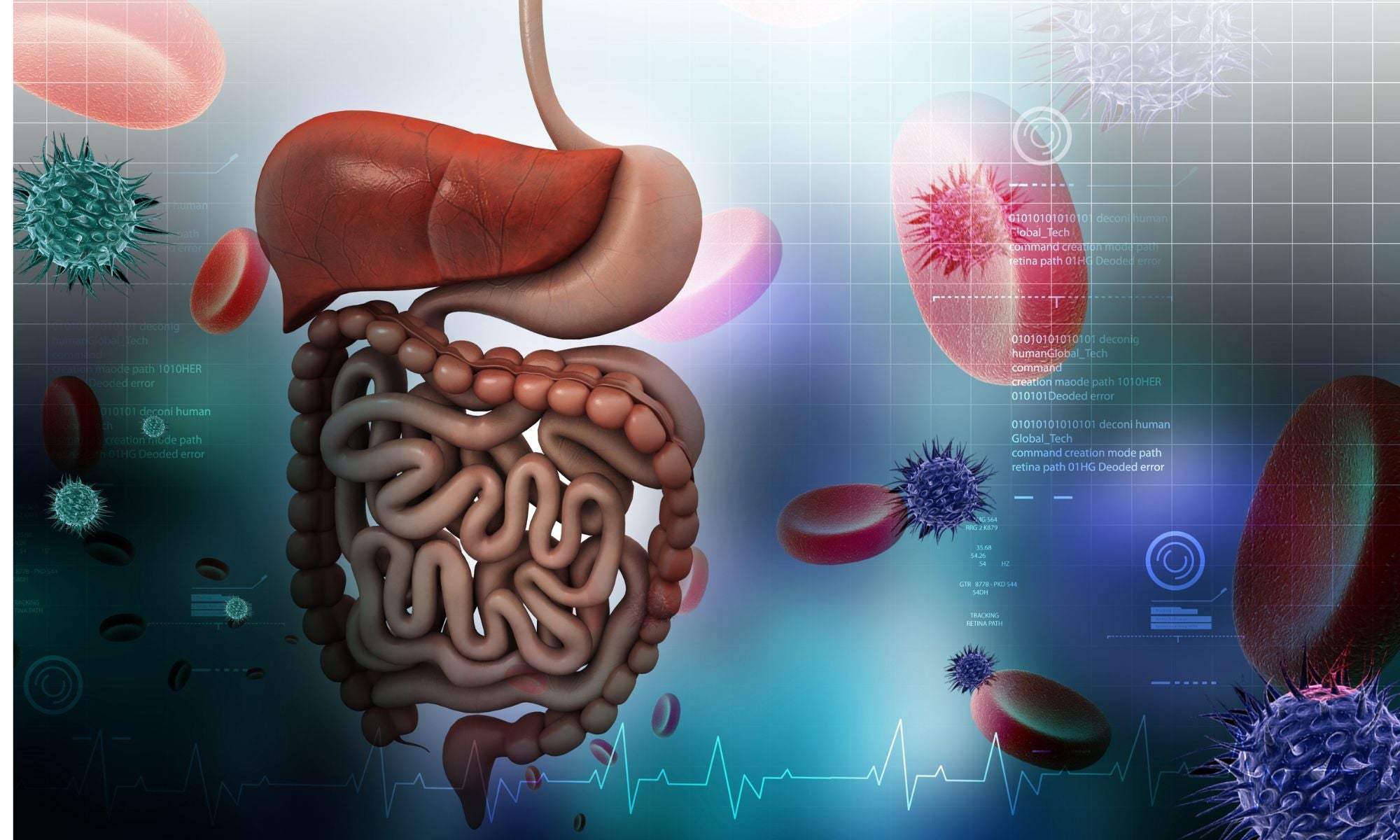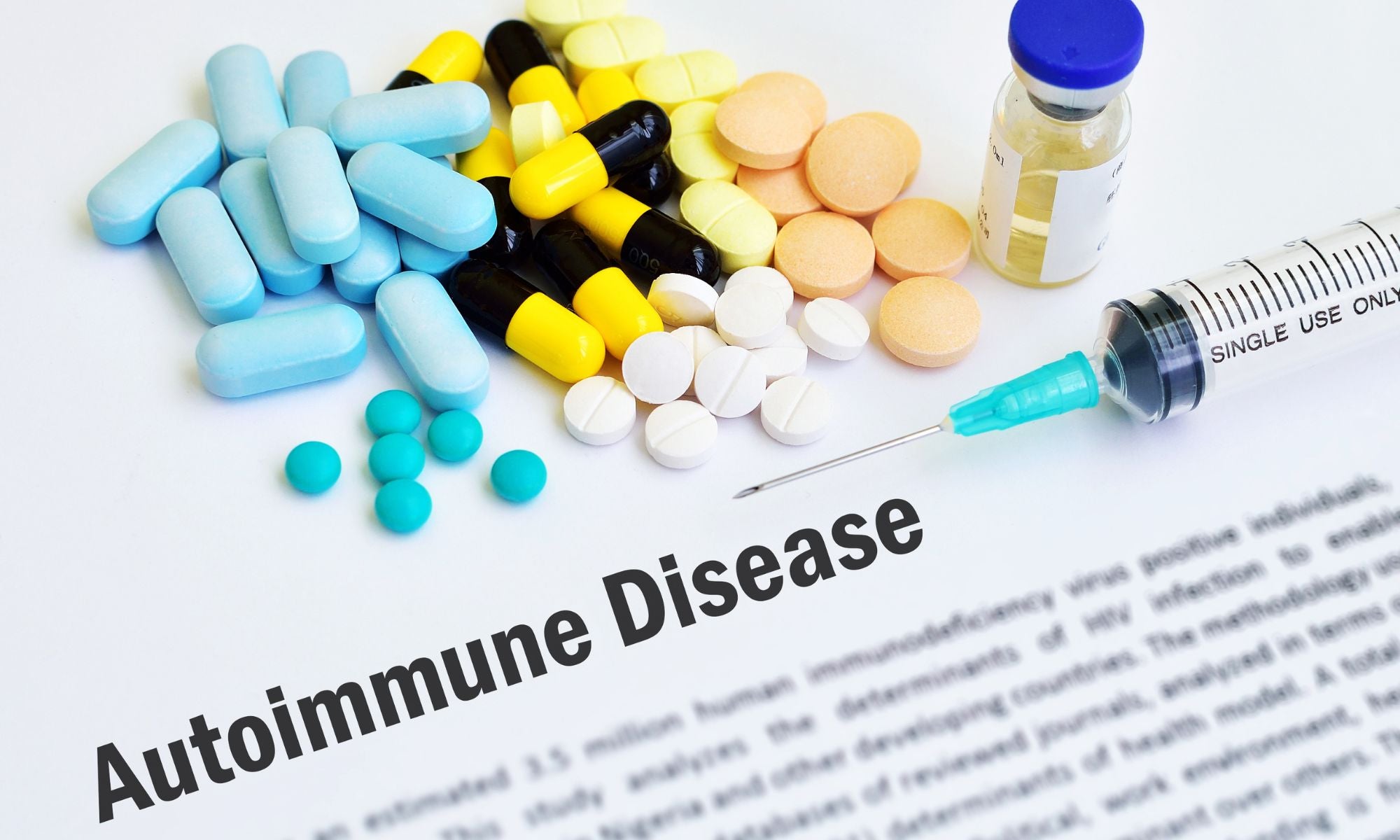
THE MICROBIOME DIET: IS IT GOOD FOR YOU?
What's in your food? Is it healthy? And is it good for you? The answer depends on your microbiome or the bacteria in your digestive system. Your microbiome plays a crucial role in digestion and immune function. Researchers are studying the human microbiome to learn more about its influence on human health. A diet rich in foods such as fruit and vegetables is an effective way to support a healthy microbiome. This article describes the microbiome's importance and how an optimal diet can support healthy digestion, maintain healthy body weight, and protect against disease.
What's the microbiome?
The microbiome is the collection of bacteria, fungi, and viruses that live in your digestive system. In addition to helping with digestion, the microbiome influences how you maintain a healthy weight, protect against disease, and respond to certain antibiotics. The human digestive tract is home to trillions of bacteria, archaea, fungi, viruses, and other microbes. These microbes interact with your body by producing vitamins, minerals, proteins, and other essential substances for your health. The microbiome is influenced by various factors, including diet, lifestyle, genetics, and age. Diet, for example, can affect the types of microbes that are present in your microbiome. And certain foods, such as refined flour, sugary drinks, and high-GI foods (those with a high glycemic index), can alter the microbiome.
Why is it essential to have a healthy microbiome?
The microbiome is vital for human health. It helps to maintain healthy body weight, protects against disease, and helps to process essential nutrients. It also plays a crucial role in your immune function and digestion. While the microbiome is found in other mammals, humans are the only species that can fully understand the microbiome. Our current understanding of the microbiome is still relatively young, so we're discovering new information about the microbiome all the time. For example, it was recently discovered that gut bacteria might play a role in type 2 diabetes. And research is ongoing to investigate how diets and the microbiome influence mental health and disease.
How an optimal diet helps support a healthy microbiome
A diet of fruits and veggies is an excellent way to support a healthy microbiome. Plant-based diets are rich in fiber, which is vital for the growth of healthy bacteria. Vegetables contain vitamin C, a nutrient essential for developing beneficial bacteria in the microbiome. Other nutrients, such as potassium and magnesium, are also necessary for microbial growth and help to maintain hydration in the gut.

Is a Microbiome Diet necessary for a healthy microbiome?
Yes and no. A proper diet can support a healthy microbiome, but a specific diet is unnecessary. Even though certain foods can influence the types of bacteria in your microbiome, that influence is not consistent. How you eat, not what you eat, is essential.
Conclusion
The microbiome is a crucial part of your health. It influences your weight, immune function, and digestion, and diet can significantly impact how it behaves. An optimal diet rich in plant-based foods and minimally processed foods are a healthy option and can help support your digestive system.













